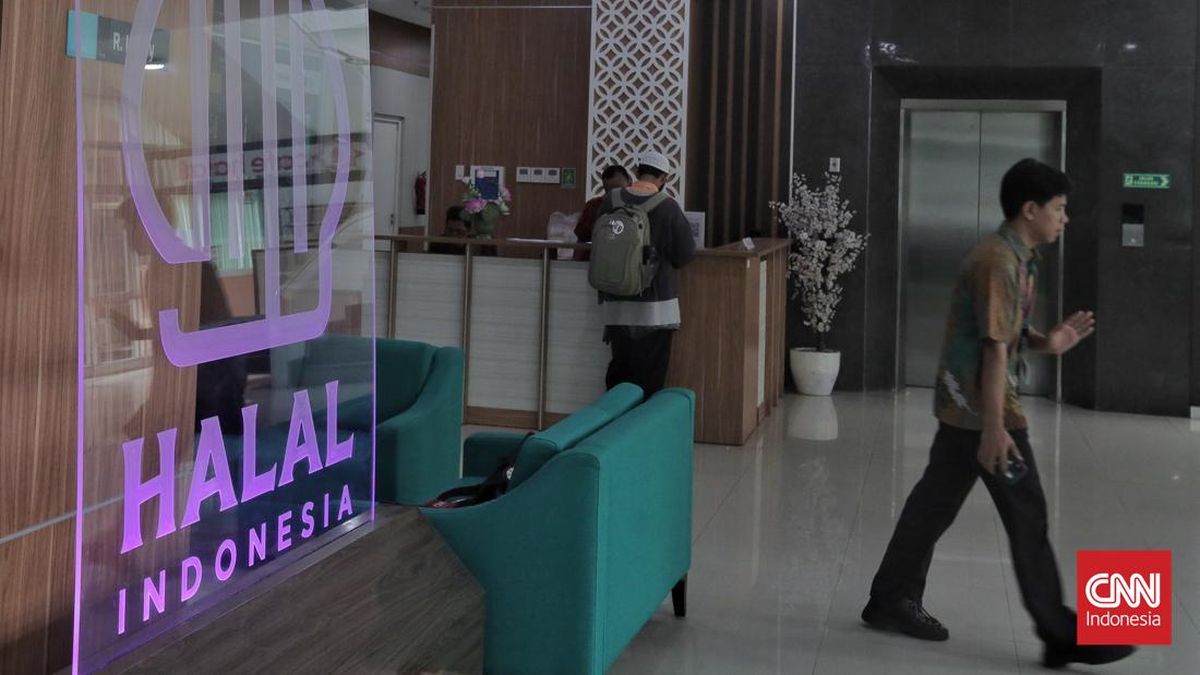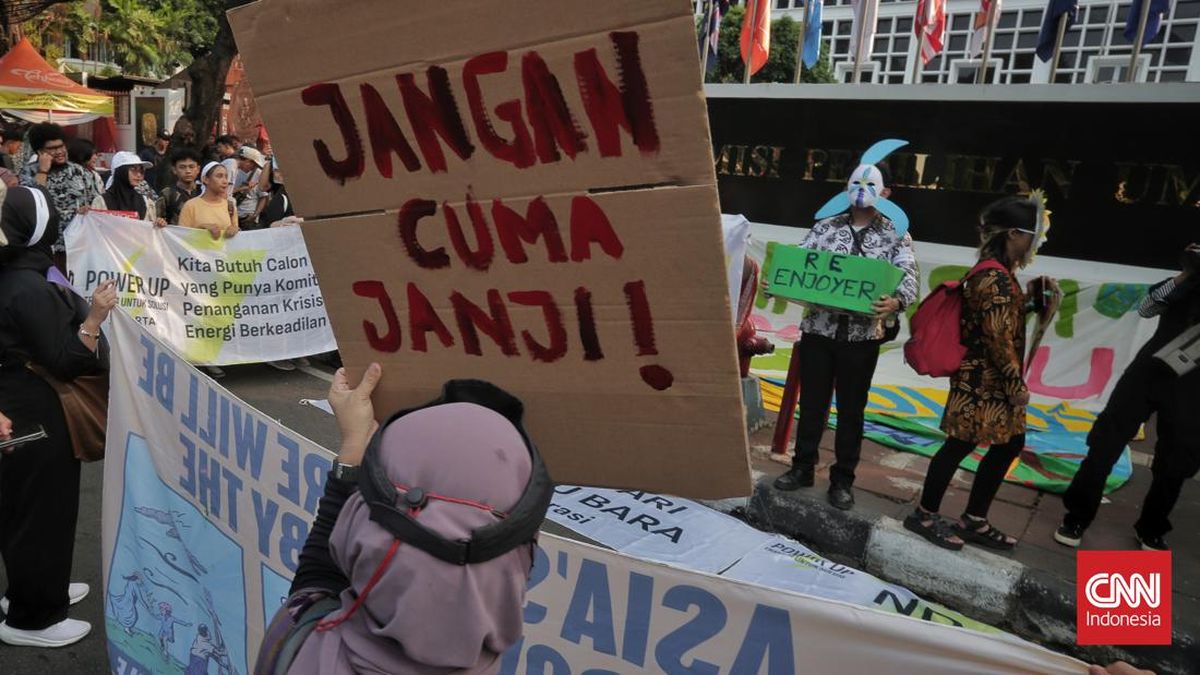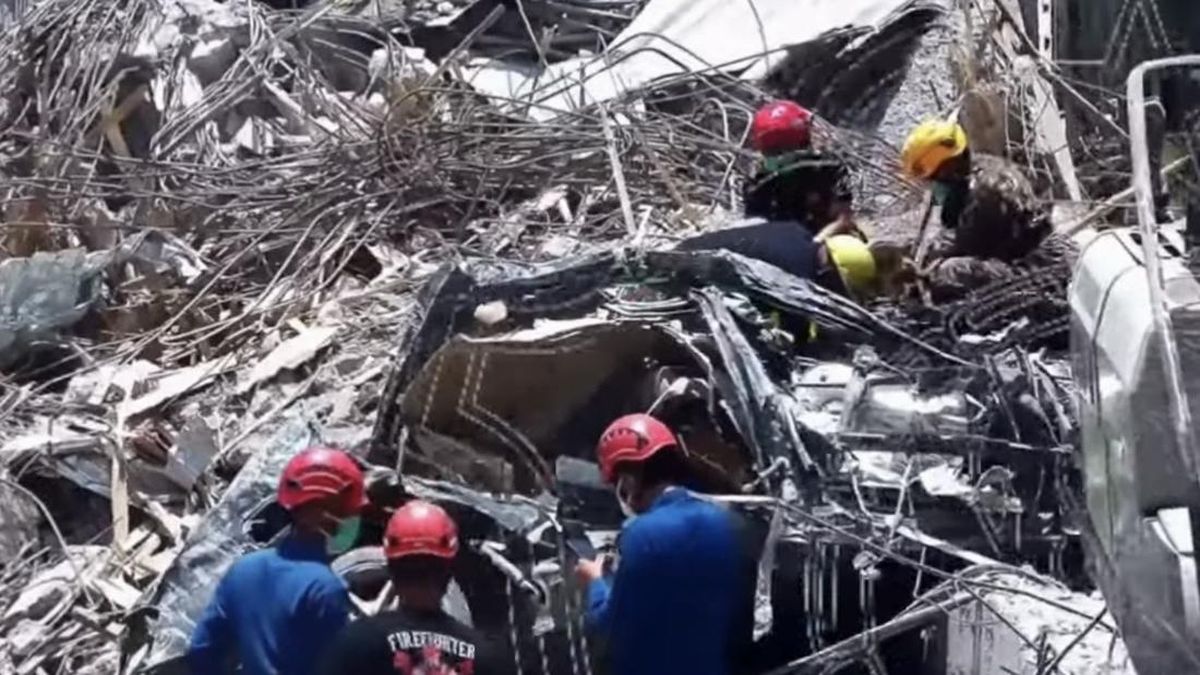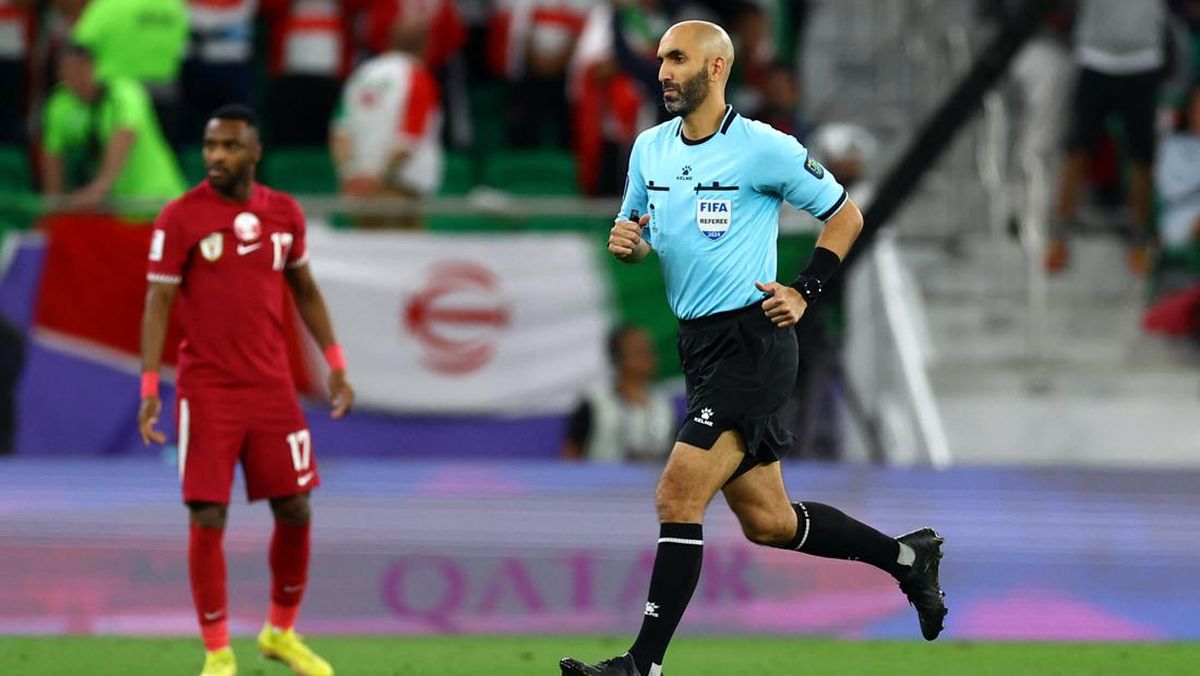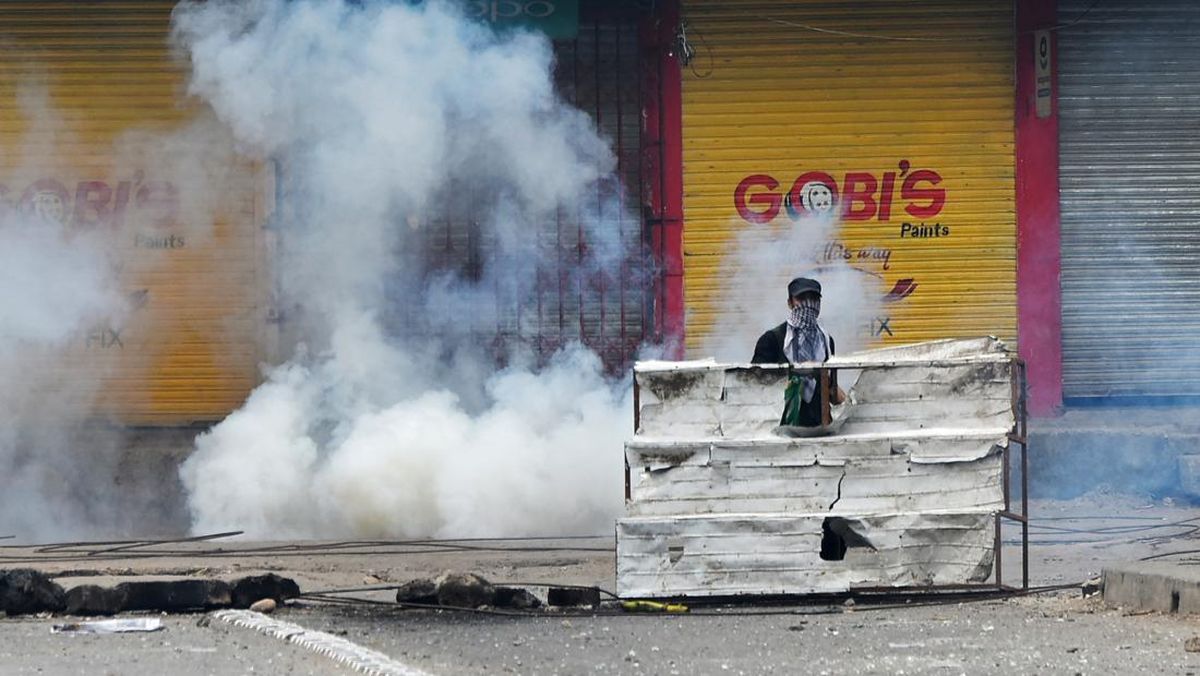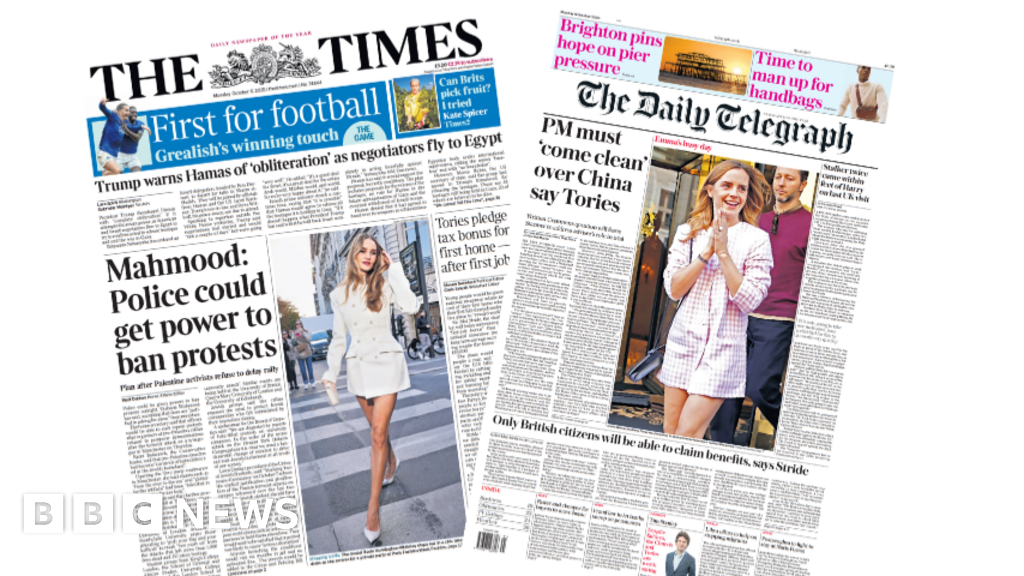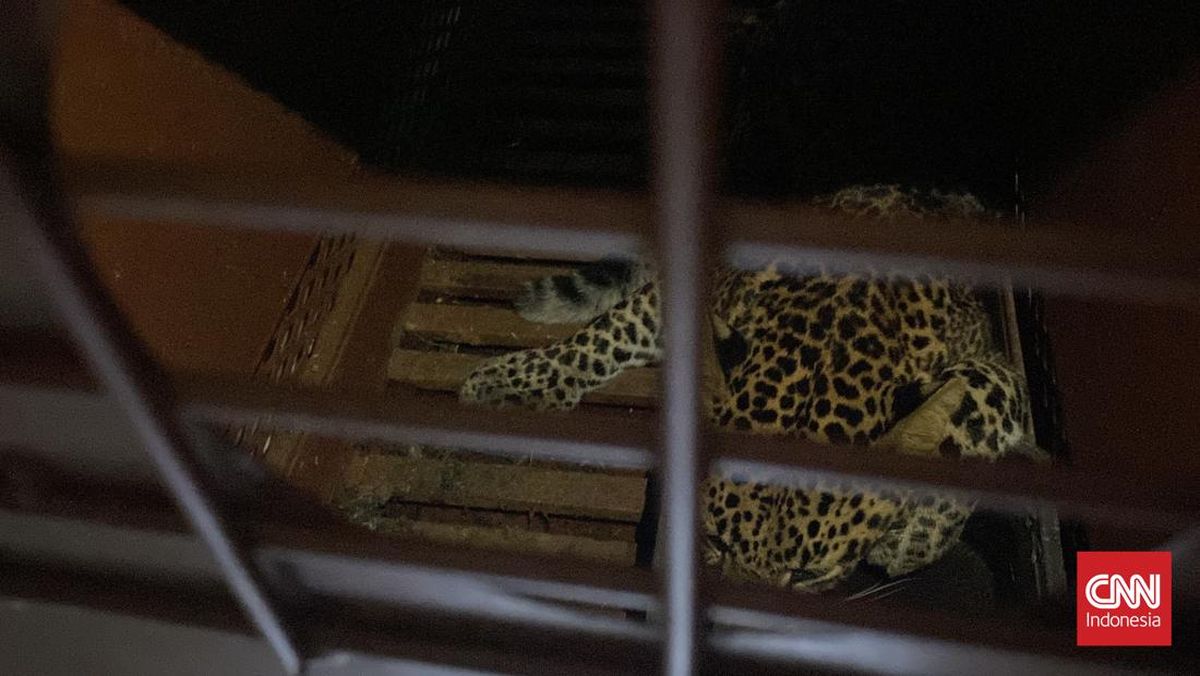Compensating COVID vaccine injuries
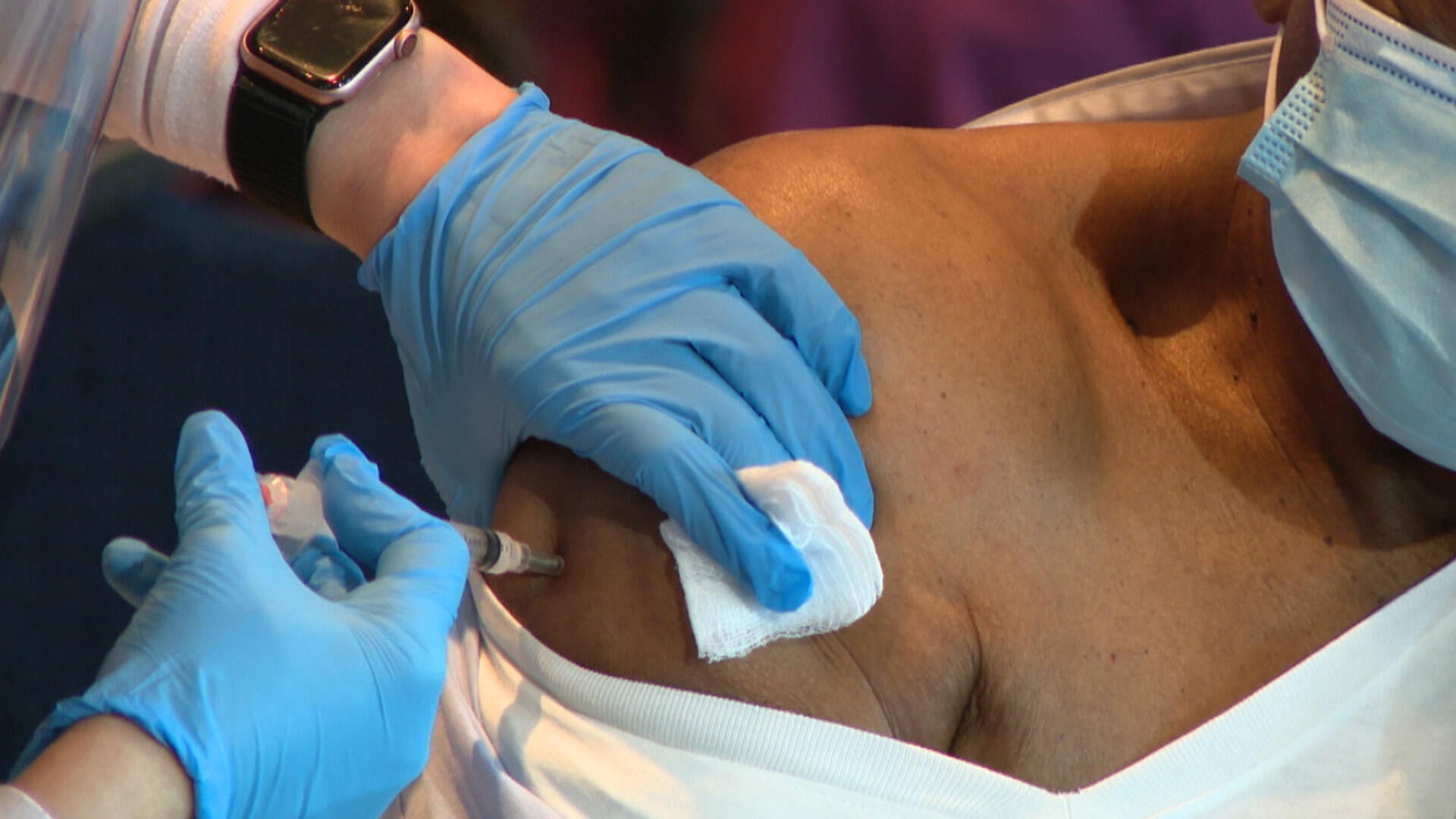
From inoculations against polio and smallpox to protections from measles and tetanus, vaccines are critical health care tools that have saved more than 150 million lives in the past 50 years.
Rarely, they can also have side effects.
This week on 60 Minutes, correspondent Jon Wertheim reports on vaccine court, a little-known legal forum that has, for almost four decades, been compensating Americans who say they were injured by vaccines. Whether a person developed chronic arthritis after receiving an MMR vaccine or a shoulder injury resulting from a misplaced tetanus shot, the vaccine court is intended to provide an efficient way to compensate claimants without overwhelming vaccine makers with legal fees.
But for the more than 14,000 people who say they were injured after receiving a COVID vaccine, finding compensation is currently a little more complicated.
History of the VICP
In the 1980s, there was a public health scare over the DTP vaccine, an older version of today's DTaP. At that time, families who said their children had been injured by the vaccine successfully sued the drug manufacturers in civil court. This caused all but one of those drug companies to stop production of the DTP vaccine.
Members of Congress and public health officials were concerned that if vaccine manufacturers weren't given some form of legal protection, they might stop other vaccine production, putting the public health at risk. In response, Congress passed a bipartisan bill establishing the Vaccine Injury Compensation Program (VICP). The program acknowledged both that vaccines could cause injury while also partially shielding drug manufacturers from liability so they would continue to produce vaccines.
Vaccine court is part of that program. It allows people who claim vaccine-related injuries to seek compensation through a simplified legal process. There's no jury in vaccine court. Instead, cases are decided by one of eight judges called special masters. The court is no-fault, which means that petitioners who bring claims don't have to prove negligence. They just prove that more likely than not, their injury was caused by the vaccine.
The money for this program comes from a 75-cent tax added to every dose of recommended childhood vaccinations. Since the Vaccine Injury Compensation Program began, some 12,000 Americans have received almost $5 billion in payouts.
This program is structured around the Vaccine Injury Table, listing vaccines and eligible injuries. When the VICP began, it included six vaccinations. Today, that table has expanded to 16 immunizations, including the seasonal flu vaccine and those that inoculate against HPV.
Vaccine injuries remain very rare, but when they do occur, they can range from a physical injury in the shoulder because the needle is misplaced, to rare, severe cases in which a vaccine triggers a neurological condition.
Where COVID sits today
The vaccines that protect against COVID-19 are not among those included on the Vaccine Injury Table. That is because, to date, they are still included in a separate program for emergency measures.
In 2005, Congress established the Public Readiness and Emergency Preparedness Act (PREP Act) to ensure public health during emergencies. The legislation partially shields manufacturers and health care workers from most lawsuits related to the use of certain medical treatments during public health emergencies, including vaccines.
People who do experience serious harm or death due to these medical measures may be eligible for compensation through the Countermeasures Injury Compensation Program (CICP). This program only covers severe injuries or fatalities caused by approved emergency treatments.
Unlike VICP, the CICP is an administrative program. It has a one-year statute of limitations and is more restrictive than the vaccine court program, which is a judicial program with a three-year statute of limitations for vaccine injuries. In vaccine court, claimants can also be compensated for pain and suffering.
Around 14,000 claims have been brought to the countermeasures program regarding the COVID vaccinations. About 5,000 of those claims have been denied, and fewer than 100 have been compensated. The most common injuries compensated have been cases of myocarditis.
The COVID vaccines are considered safe and effective by public health organizations, including the CDC, which notes the rigorous clinical trials they underwent. As of May, more than 676 million doses of the COVID vaccines had been administered in the U.S.
Adding COVID vaccines to the VICP
Today, many legal experts say the COVID vaccines should be added to the VICP.
"Those people went out and did exactly what was asked of them to protect themselves, their communities, and their families. And they're basically being hung out to dry in the countermeasures program without any real compensation," said Renée Gentry, a top vaccine injury litigator and head of the Vaccine Injury Litigation Clinic at the George Washington University Law School.
For the COVID vaccines to be rolled into the VICP, three things would need to happen. First, the vaccine would again need to become a recommended childhood vaccine. Earlier this year, the Centers for Disease Control and Prevention's vaccine advisory committee voted to change recommendations for the COVID-19 vaccine. The CDC now says parents of children over 6 months should speak with a health care provider about the COVID vaccination.
Next, Congress would need to pass an excise tax on the COVID vaccination so that the vaccine court would have the money to cover claims.
Finally, Secretary of Health and Human Services Robert F. Kennedy, Jr. would have to put the COVID vaccine on the Vaccine Injury Table.
In an email to 60 Minutes, Kennedy said the CDC makes the underlying decision, and he "will accept their recommendations, including as to COVID vaccines."
If the PREP Act Declaration for COVID is terminated before the vaccines protecting against it are added to the vaccine court, COVID vaccine manufacturers would lose their shield from legal liability. The Department of Health and Human Services late last year extended certain elements of the PREP Act for COVID, keeping liability protections for certain countermeasures — including vaccine manufacturers and distributors — through 2029.
"Crushing" to add the COVID vaccine
The concern with adding COVID to the vaccine court is a matter of backlog, given the thousands of Americans who believe that they were injured by the COVID vaccine who have already brought claims to the countermeasures program. The number of special masters who adjudicate such claims has stayed at eight since the late 1980s, even though the number of cases in the court has multiplied.
"Without any improved infrastructure, without any additional special masters, it's going to be crushing," Gentry told 60 Minutes. "Because we know there are 10,000 unresolved cases in COVID in the countermeasures program still that haven't been addressed. If just those cases came over, it would be a massive impact on the court. But we know that there are tens of thousands of other potential cases that are out there."
The vaccine court's chief special master agrees. He addressed the possibility of adding COVID vaccines to the court in a letter to Congress last year, writing, "The court's ability to resolve vaccine injury claims efficiently will be crippled in the event we are not permitted to add more judicial officers..."
Still, those with knowledge about the subject say the COVID vaccine should be added.
"It is a medical intervention that we administered to otherwise healthy people that can cause side effects, and the fact that by having them vaccinated means that people who can't be vaccinated are protected. That herd immunity, if you will," said retired special master Denise Vowell.
Vowell and another former special master, George Hastings, addressed the possibility that, were the COVID vaccines added to the vaccine court, it might dissuade people from receiving the vaccine, an outcome that would be at odds with the court's founding purpose.
"That's always been a concern going back for the whole life of the Vaccine Injury Compensation Program, that the fact that you even had this system might worry people that vaccines can cause injuries," Hastings said. "But the overall benefit is to have a program that, if there are rare instances where there are some adverse reactions, you compensate them without forcing people into a litigation system that would take forever. And then you'll keep the vaccines flowing into people's arms."
Vowell was more pointed, noting that, while many public health interventions have side effects, the benefits outweigh them — especially when it comes to children's health.
"Overall, the vaccine process has saved lives," Vowell said. "If you go to an old cemetery and you look at headstones and you see the number of children who died at six months or three years of age, and then you go to a more modern cemetery today, you don't see that number of children. Why? Because vaccine preventable illnesses have not been conquered, but they have been put in check."
The video above was produced by Denise Schrier Cetta, Brit McCandless Farmer, Elizabeth Germino, and Jane Greeley. It was edited by Scott Rosann.
Brit McCandless Farmer is a digital producer for 60 Minutes, where her work has been recognized by the Webby, Gracie and Telly Awards. Previously, Brit worked at the CBS Weekend News, CBS Mornings, CNN and ABC News.


